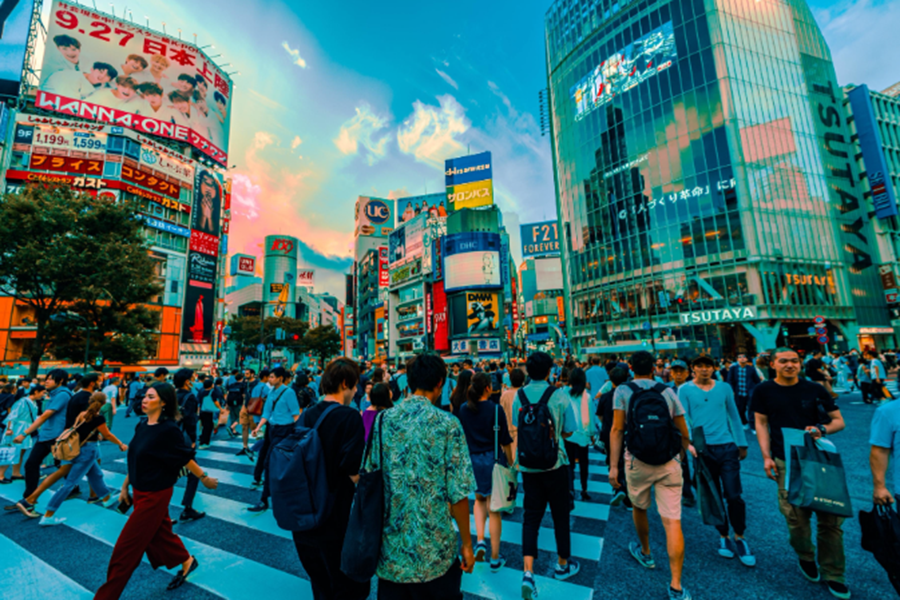
Published :
Updated :

Nearly half of the global population of 8.2 billion live in cities across the world today, according to a UN report released on Tuesday.
The World Urbanisation Prospects 2025: Summary of Results showed that the world has become increasingly urban, with the number of people living in cities having more than doubled to 45 per cent since 1950, when only 20 per cent of the world's 2.5 billion people lived in cities.
The number of megacities, urban areas with 10 million or more inhabitants, has quadrupled from eight in 1975 to 33 in 2025, with 19 of them located in Asia, reports Xinhua.
The report, released by the UN Department of Economic and Social Affairs, showed that Indonesia's Jakarta is currently the world's most populous city with nearly 42 million residents. The number of megacities is expected to rise to 37 by 2050.
Despite the prominence of megacities, the report finds that small and medium-sized cities are home to more people than megacities and are growing at a faster pace, particularly in Africa and Asia.
Of the 12,000 cities analysed, 96 per cent have fewer than 1.0 million inhabitants, and 81 per cent have fewer than 250,000.
The total number of cities worldwide more than doubled between 1975 and 2025, and projections indicate that by 2050, the number of cities worldwide could exceed 15,000, with most having populations below 250,000.
Meanwhile, the share of the global population living in towns declined gradually from 40 per cent in 1950 to 36 per cent in 2025, and rural communities are home to just 19 per cent of the global population, said the report.
Towns, defined as population clusters of at least 5,000 inhabitants and a density of at least 300 people per square kilometre, are the most common settlement type in 71 countries, while rural areas remain the most common settlement type in 62 countries today, down from 116 in 1975.
"As governments convene at COP30 to advance global climate commitments, the United Nations underscores the pivotal role of urbanisation in driving sustainable development and climate resilience across all settlement types," said UN Under-Secretary-General for Economic and Social Affairs Li Junhua.
"Urbanisation is a defining force of our time. When managed inclusively and strategically, it can unlock transformative pathways for climate action, economic growth, and social equity. To achieve balanced territorial development, countries must adopt integrated national policies that align housing, land use, mobility, and public services across urban and rural areas," Li said.


 For all latest news, follow The Financial Express Google News channel.
For all latest news, follow The Financial Express Google News channel.